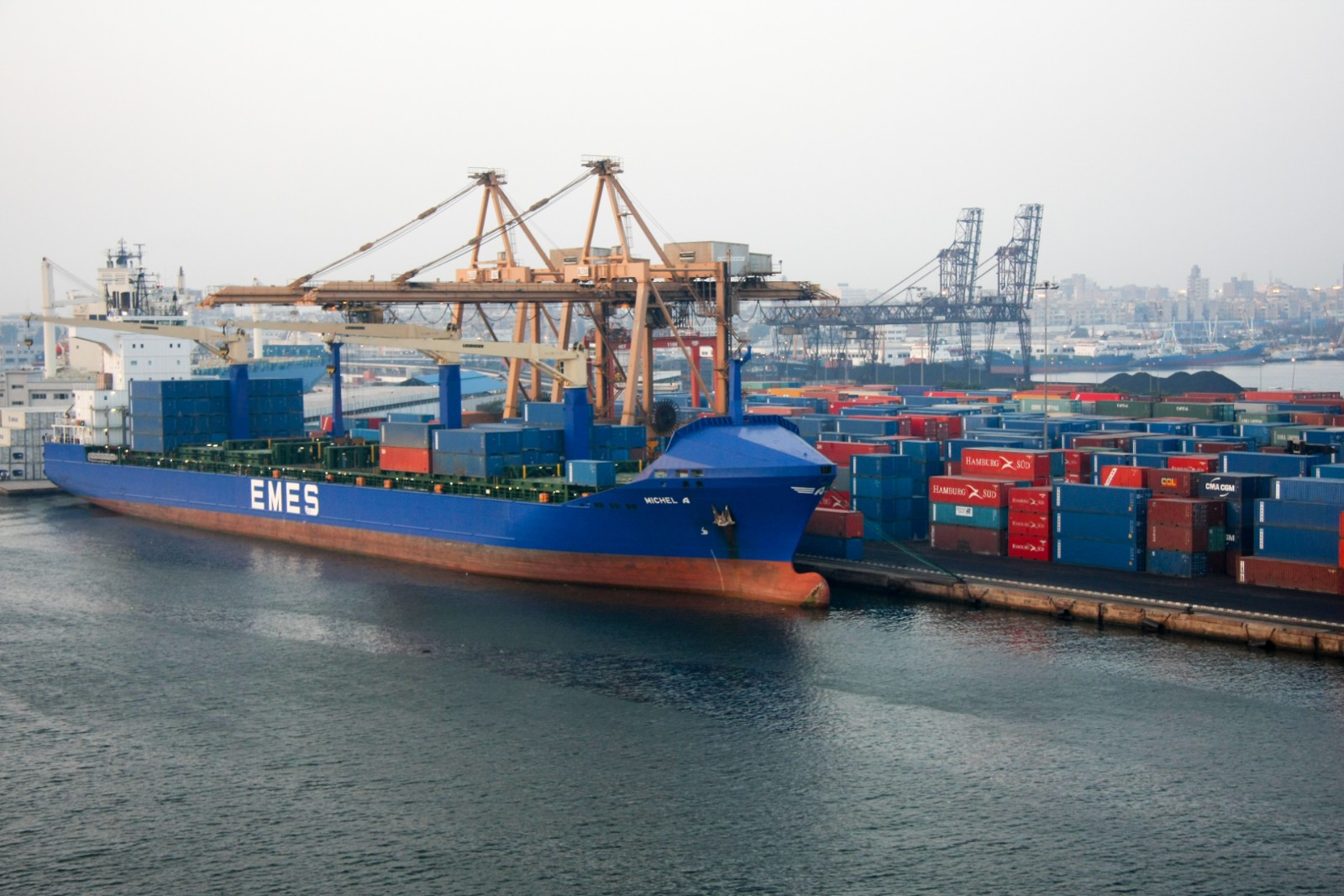Floating customs exchange rate could raise inflation -analysts

Floating customs rate could raise inflation -analysts: The decision to float the customs exchange rate could drive inflation up in the coming months if the EGP depreciates sharply against the USD, analysts told Reuters yesterday. Earlier this week, the Finance Ministry reversed a decision to set the customs exchange rate on a monthly basis, a policy introduced in January 2017 amid exchange rate fluctuations. The ministry said it would revert to setting the rate on a daily basis according to the average FX rate set by the Central Bank of Egypt. The rate for non-essential imports was previously set at EGP 16.62 / USD 1 for August, while the discounted customs exchange rate was held for several months at EGP 16.
Traders could get greedy and hike prices: Esraa Ahmed, a senior economist at Shuaa Securities, warned that traders could take advantage of the floating rate to raise prices. “The main concern is any big increase in the foreign exchange rates. In that case, inflation rates will soar,” she told Reuters. EFG Hermes’ Mohamed Abu Basha agreed that the decision "may have a slight impact” on inflation.
The decision shows the government is confident the EGP will hold its ground in the near future, Radwa El-Swaify, head of research at Pharos Securities Brokerage, told the newswire. The EGP has gained 7.5% against the USD since the beginning of the year, selling at 16.60 to the USD on Monday compared to 17.97 in January. Inflation dropped to its lowest recording in four years in July, prompting the central bank to cut its key interest rates by 150 bps in its last meeting.
Market players seem to be taking the decision as a return to the norm that is unlikely to lead to major price hikes. Should the move affect commodity prices, it would do so within a narrow window of no more than 3% on imported goods,Federation of Egyptian Chambers of Commerce general importers’ division member Ahmed Shiha told Ahram Online yesterday. “The decision was a step on the right track for the domestic market and the industry sector,” Shiha added, sharing the view that the fixed customs exchange rate was “an exceptional response” to the needs of the economy after the EGP float.